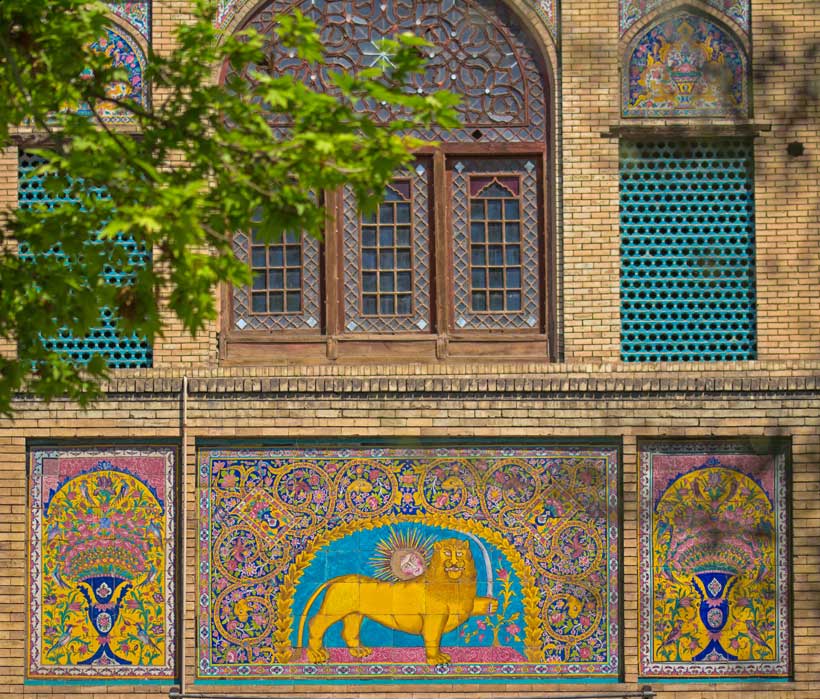Democratic establishments in the entire political structures worldwide have been founded based the people’s votes and views. It is for these reasons that people are considered the most main component in political, social, economic and cultural developments.
Normally, the most important component in analyzing the degree of a political establishment’s admissibility and legitimacy can be drawn based on the percentage of the people’s participation in elections to determine their own fate and set the path for future by voting for their own favored candidates.
The Islamic Republic of Iran, which was established based on the people’s will following the victory of the Islamic Revolution and overthrow of the despotic Pahlavi regime in 1979, is not an exception. The entire affairs in the ruling system in Iran have been founded based to religious democracy.
According to the Principle 6 of the constitution, the country’s affairs must be handled in accordance to the public votes (election or referendum), based on which the people’s vote plays a pivotal role in how to manage the country.
In other words, according to an affirmation by the constitution, ballot boxes, as a national covenant is the only way towards materialization of proposed objectives which can meet the people’s demands in all areas. This is the point that has clearly demonstrated its effectiveness over the last 40 years.
Based on the abovementioned issue, it can be understood that involving people in Iran in managing affairs is of high importance at least from two aspects:
*The people’s active role in envisioning their future and meeting their demands;
*Admissibility of the political establishment and symbol of unity and national solidarity.
The importance of these two issues will be more obvious when we realize that the concept of national security in a democratic establishment is highly dependent on public participation. It is because these components that guarantee and reinvigorate the national security rely on the confidence principle as the most prominent pillar of the social wealth in any political establishment whose main sign is the percentage of public participation.
The people’s involvement is only one side of a coin in democratic establishments. The other side of the coin is the role of the ruling system and political structure. The system, in coordination with the people, is tasked to fulfill its role properly.
Accordingly, as the people’s role in this regard is vital, the role of ruling system is even more vital.
It should be mentioned that proper fulfillment of roles by a ruling system’s pillars in legislating, supervising and executing affairs are essential in order to meet the people’s demands in the best way possible. In turn, this will ease living conditions, meet the people’s social and economic demands, and prevent spread of corruption and will ultimately bring about social justice.
From our partner Tehran Times


